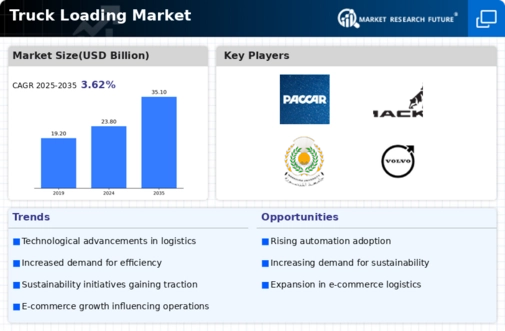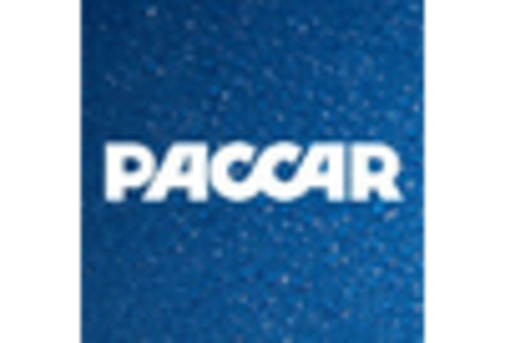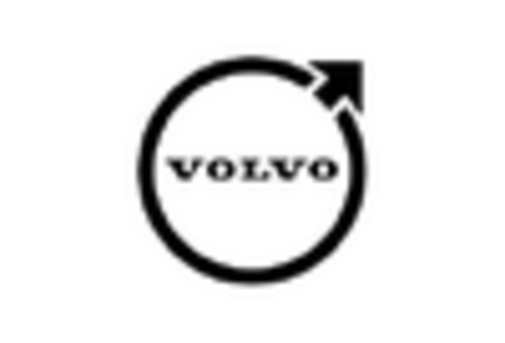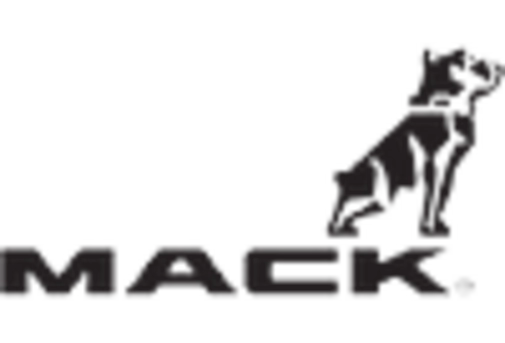Expansion of Global Trade
The expansion of global trade significantly influences the Global Truck Loading Market Industry. As international trade agreements proliferate and emerging markets open up, the demand for efficient truck loading solutions increases. This growth is particularly evident in regions experiencing economic development, where infrastructure improvements facilitate smoother logistics operations. The ability to efficiently load and transport goods across borders is crucial for businesses aiming to capitalize on new markets. Consequently, the Global Truck Loading Market Industry is poised for growth, with an anticipated market value of 23.8 USD Billion in 2024, reflecting the positive impact of global trade dynamics on the industry.
Increasing Focus on Sustainability
The Global Truck Loading Market Industry is witnessing a growing emphasis on sustainability as companies strive to reduce their carbon footprints. This shift is driven by regulatory pressures and consumer preferences for environmentally friendly practices. Many logistics providers are adopting greener loading technologies and practices, such as electric trucks and optimized loading patterns that reduce fuel consumption. This focus on sustainability not only aligns with global environmental goals but also enhances brand reputation. As a result, the market is likely to benefit from this trend, with a projected CAGR of 3.62% from 2025 to 2035, indicating a sustained commitment to sustainable practices within the Global Truck Loading Market Industry.
Rising Demand for Efficient Logistics Solutions
The Global Truck Loading Market Industry experiences a notable surge in demand for efficient logistics solutions. As e-commerce continues to expand, businesses are increasingly reliant on effective transportation systems to meet consumer expectations. This trend is underscored by the projected market value of 23.8 USD Billion in 2024, reflecting the industry's response to the growing need for timely deliveries. Companies are investing in advanced truck loading technologies to optimize their supply chains, which enhances operational efficiency and reduces costs. This shift towards automation and improved logistics practices is likely to drive further growth in the Global Truck Loading Market Industry.
Technological Advancements in Loading Equipment
Technological advancements play a pivotal role in shaping the Global Truck Loading Market Industry. Innovations such as automated loading systems and smart logistics solutions are transforming traditional loading processes. These advancements not only enhance loading efficiency but also minimize human error, thereby improving safety. For instance, the integration of IoT devices allows for real-time monitoring of loading operations, which can lead to better resource allocation. As companies increasingly adopt these technologies, the market is expected to grow, with projections indicating a rise to 35.1 USD Billion by 2035. This trend suggests that the Global Truck Loading Market Industry is on the brink of a technological revolution.















Leave a Comment